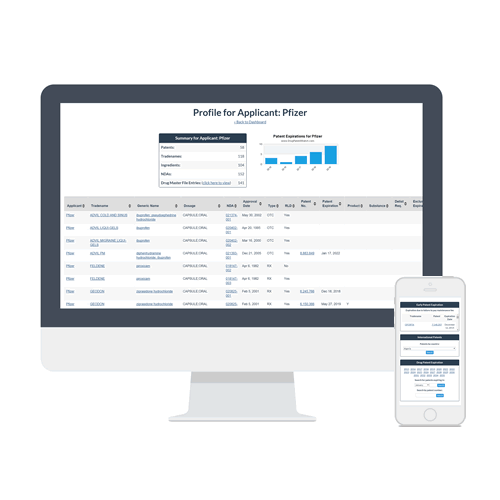
An HHS report titled “The Potential Role of The Nonprofit Pharmaceutical Industry in Addressing Shortages and Increasing Access to Essential Medicines and Low-Cost Medicines” explores the emergence and impact of nonprofit pharmaceutical companies in the U.S. market. It identifies 11 nonprofit pharmaceutical companies launched between 2000 and 2022, which aim to enhance access to affordable and essential drugs and improve supply chain resiliency.
Table of Contents
Key Findings
- Mission and Structure: These nonprofit pharmaceutical companies are tax-exempt entities with missions focused on providing affordable medications and addressing drug shortages. Some have for-profit subsidiaries to navigate complex tax systems.
- Market Presence: Most of these companies do not have products in the domestic market and lack their own manufacturing facilities. Their scale is comparable to small businesses or startups.
- Commercialization Strategies: Two companies that successfully launched products in the U.S. used strategies such as contract manufacturing and licensing agreements with for-profit companies.
- Challenges: Nonprofit pharmaceutical companies face significant challenges, including low production volumes, funding uncertainties, and difficulties navigating tax, regulatory, and reimbursement systems.
- Impact and Potential: While they hold promise in addressing drug shortages and enhancing access to essential medicines, their capacity and sustainability are limited.
Methodology
The report is based on a qualitative methods approach, including an environmental scan of literature and key stakeholder interviews. The environmental scan identified relevant literature and market data, while interviews provided insights from experts in the field.
Profile of Nonprofit Pharmaceutical Companies
The report provides detailed profiles of the identified nonprofit pharmaceutical companies, including their mission statements, targeted conditions or drugs, and current market presence. For example, Civica Inc., founded in 2018, focuses on providing quality generic medicines and has several products in the market, including generic sterile injectables and plans to distribute low-cost insulin by 2024.
Conclusion
The report concludes that nonprofit pharmaceutical companies can play a crucial role in addressing drug shortages and increasing access to essential medicines. However, their impact is currently limited by various operational and financial challenges.
Pullquote
“Findings suggest that while nonprofit pharmaceutical companies hold promise in addressing drug shortages and enhancing access, their capacity and sustainability may be limited due to low production volumes, uncertainties about funding, and inexperience navigating complex tax, regulatory, and reimbursement systems.”
This comprehensive analysis highlights the potential and challenges of nonprofit pharmaceutical companies in contributing to the healthcare system by providing affordable and essential medicines.
Citations:
[1] https://aspe.hhs.gov/sites/default/files/documents/0211a178a47b9f71c0764699cee80b51/nonprofit-pharma-report.pdf


